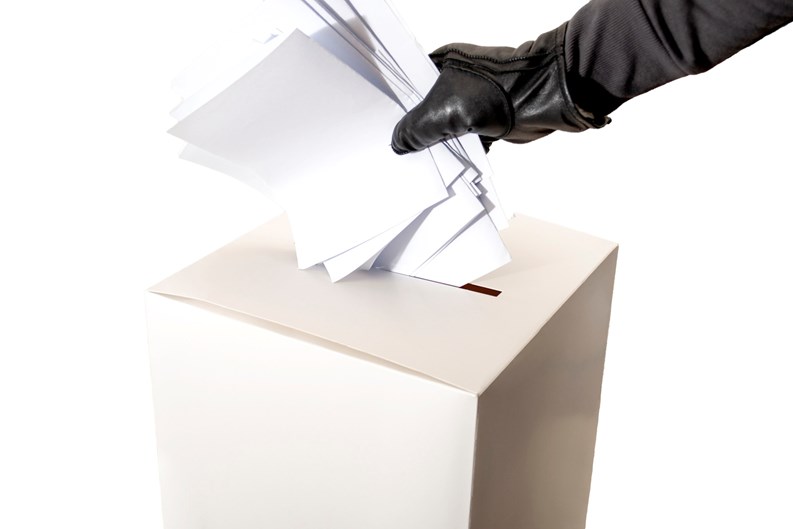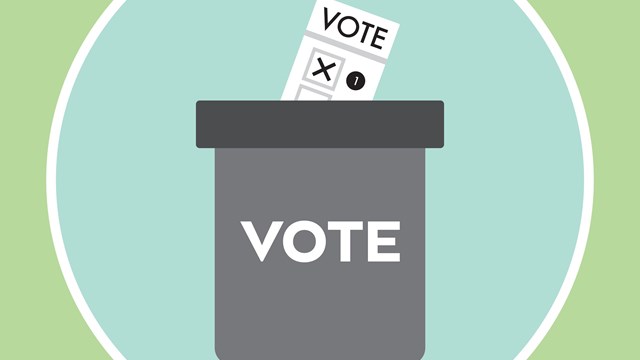Q. I am a shareholder and current member of the board of directors running for reelection. At the elections, we did not have a quorum, and the other members decided to keep the elections open for a month. So the ballots were given to management to take them back to the office to hold in case they received the additional ballots to reach a quorum. I am not comfortable with management handling the ballots without an independent outside person watching them.
At this point, I feel the election has been tainted. After the elections, I asked what was the process for challenging the elections, to which nobody responded. Please help me if you can.
—Wary of the Process
A. “In order to have a valid election,” says attorney Julie Schechter, partner at the Manhattan office of Fox Rothschild LLP, “the law requires that a quorum of shareholders be present in person or by proxy. The procedure described here seems to have sidestepped that requirement. Better practice would be to announce an adjournment date for the meeting and continue soliciting proxies until that adjournment date in the hopes of getting a quorum. Proxies are typically valid for 11 months and usually include language that allows them to be used at the initial meeting or any meeting adjournments.
“The shareholder meeting should then be reconvened on the adjournment date and, assuming quorum is present in person or by proxy on the adjournment date, the votes can be then cast and the election counted.
“Best practice when voting for new directors is to appoint inspectors of election. In the majority of the co-ops we represent, the managing agent acts as the inspector and counts the votes. Accordingly, it is not unusual that the ballots were given to your co-op’s management company. A few of our co-ops hire outside firms to count the votes, but that is rare.
“The role of the inspectors of election is to make sure that the election is handled properly and in a way that is fair to all shareholders; the inspectors count the votes and determine the outcome.
“There is nothing in Business Corporation Law (BCL) that entitles shareholders of a co-op to review ballots or proxies after an election. Accordingly, it is up to the board of directors if they want to permit shareholders to review ballots and proxies, but most do not.
“If a shareholder wants to challenge a board election, the shareholder can bring a proceeding in the New York Supreme Court. It is important to note that these challenges must be commenced within four months of the election. The Court has the authority to hear challenges to corporate elections, and to overturn or modify them if improprieties are found.”










Leave a Comment